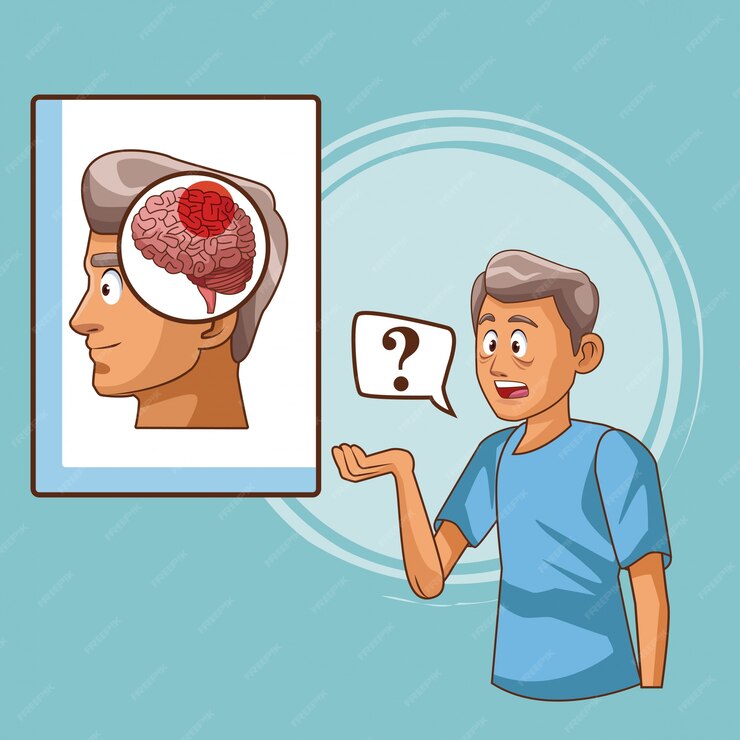
Brain Aneurysm Myths vs. Facts: Clearing Up Confusion
Introduction: Brain aneurysms are often misunderstood, leading to misconceptions and fears. It’s essential to separate myths from facts to better understand this condition and take appropriate preventive measures. Let’s debunk common brain aneurysm myths and present the facts in simple terms.
Myth: Brain Aneurysms Only Affect Older Adults. Fact: While brain aneurysms are more common in older adults, they can occur at any age, including childhood and young adulthood. Genetics, lifestyle factors, and underlying health conditions can contribute to aneurysm formation regardless of age.
Myth: Brain Aneurysms Always Cause Symptoms. Fact: Many brain aneurysms are asymptomatic and go undetected until they rupture or are discovered incidentally during imaging tests for other conditions. Not all aneurysms cause symptoms, making regular check-ups and screenings essential for early detection.
Myth: Headaches Are Always a Sign of a Brain Aneurysm. Fact: While severe headaches can be a symptom of a ruptured brain aneurysm, most headaches are unrelated to aneurysms. Headaches caused by aneurysms are often described as the worst headache of your life and may be accompanied by other symptoms such as nausea, vomiting, and neck stiffness.
Myth: Brain Aneurysms Always Rupture. Fact: Not all brain aneurysms rupture. In fact, most brain aneurysms never rupture and cause no symptoms or health issues. However, ruptured brain aneurysms can be life-threatening and require immediate medical attention.
Brain aneurysms can be scary, but knowing the truth can ease fears. Let’s debunk common myths and share facts about this condition.
Myth: Brain Aneurysms Only Happen to Older People. Fact: Brain aneurysms can affect people of all ages, not just the elderly.
Myth: Every Brain Aneurysm Bursts. Fact: Many aneurysms never burst or cause problems.
Myth: Headaches Always Mean an Aneurysm. Fact: Most headaches aren’t caused by aneurysms. Look for other symptoms too.
Myth: Brain Aneurysms Are Always Fatal. Fact: While serious, not all aneurysms lead to death, especially with treatment.
Myth: You Can Always Prevent Brain Aneurysms. Fact: While healthy habits help, not all aneurysms are preventable.
Myth: Surgery Is the Only Solution. Fact: There are other treatments, like coiling or stenting, besides surgery.
Conclusion: Understanding the truth about brain aneurysms is vital. By debunking myths, we can promote awareness and calm fears.
To seek medical advice, always consult a Doctor. Here are our recommended experts. Click here
To read more on Neurological Disorders. Click Here

